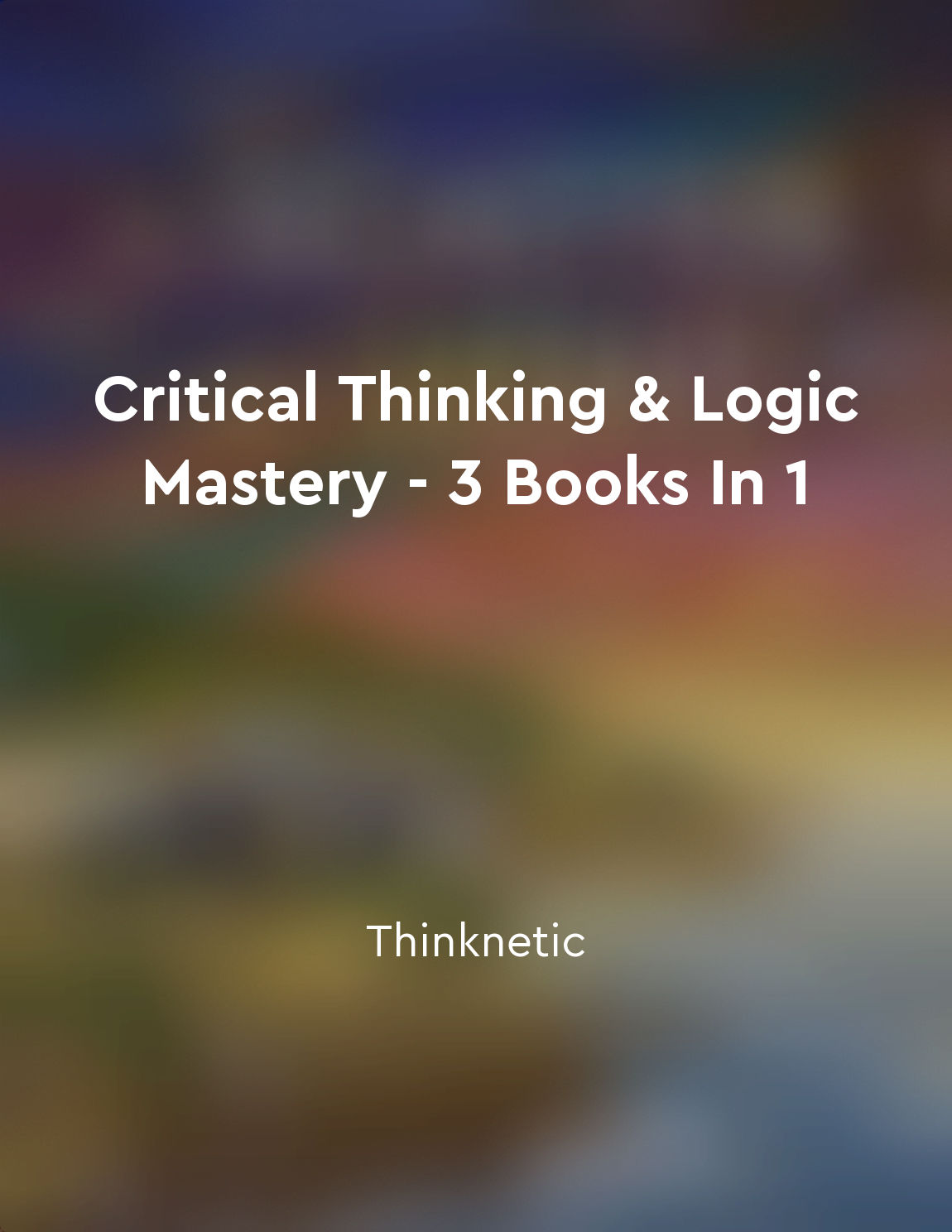Reason is governed by passions and emotions from "summary" of A Treatise of Human Nature by David Hume
In the course of my inquiries into the nature of human understanding, I have arrived at a most striking and seemingly contradictory conclusion: that reason, far from being the sole governor of our actions, is in fact subservient to our passions and emotions. This assertion may at first glance appear perplexing, for we are accustomed to thinking of reason as the guiding force behind our decisions and behaviors. However, upon closer examination, it becomes evident that our passions and emotions hold a much greater sway over our actions than we might care to admit. When we consider the various motives that drive us to act in particular ways, we find that they often stem from our feelings and desires, rather than from any rational calculation of the consequences of our actions. For example, when we are motivated to pursue pleasure or avoid pain, it is our emotions that propel us to seek out certain experiences and avoid others, rather than a careful weighing of the pros and cons. Similarly, when we are moved to act out of love, envy, or anger, it is our passions that dictate our behavior, overriding any rational considerations that might counsel restraint. Indeed, it is our passions and emotions that give color and vitality to our lives, infusing our actions with meaning and significance. Without these ...Similar Posts
Teleological argument supports the idea of a harmonious universe
The teleological argument posits that the order and purpose evident in the natural world point towards the existence of a supre...
Authenticity is important in persuasive communication
Authenticity is crucial in persuasive communication. People are more likely to be persuaded by a message when they believe the ...
Establish your expertise and authority in your field
To successfully persuade others, you must demonstrate your mastery and credibility in your chosen field. By establishing yourse...
Aristotle's teachings influenced a wide range of fields
Aristotle's ideas were not confined to philosophy but instead had a far-reaching impact on a variety of fields. His influence e...
Success comes from perseverance
Success is not achieved overnight. It requires dedication, hard work, and most importantly, perseverance. Without perseverance,...
By understanding the nature of reality, one can achieve true happiness
Understanding the nature of reality is crucial in attaining genuine happiness. According to Spinoza, reality is governed by nat...

Logical consistency is key in making cogent arguments
When constructing arguments, it is crucial to ensure that there is logical consistency throughout. This means that the premises...

Decisionmaking can involve uncertainty and ambiguity
When we make decisions, we are often faced with uncertainty and ambiguity. This means that we may not have all the information ...

Cognitive ease influences perception and judgment
When we are in a state of cognitive ease, everything seems to flow effortlessly. Our thoughts are clear, our judgments are quic...
Experience shapes our understanding
Experience plays a crucial role in shaping our understanding of the world around us. It is through our experiences that we lear...
